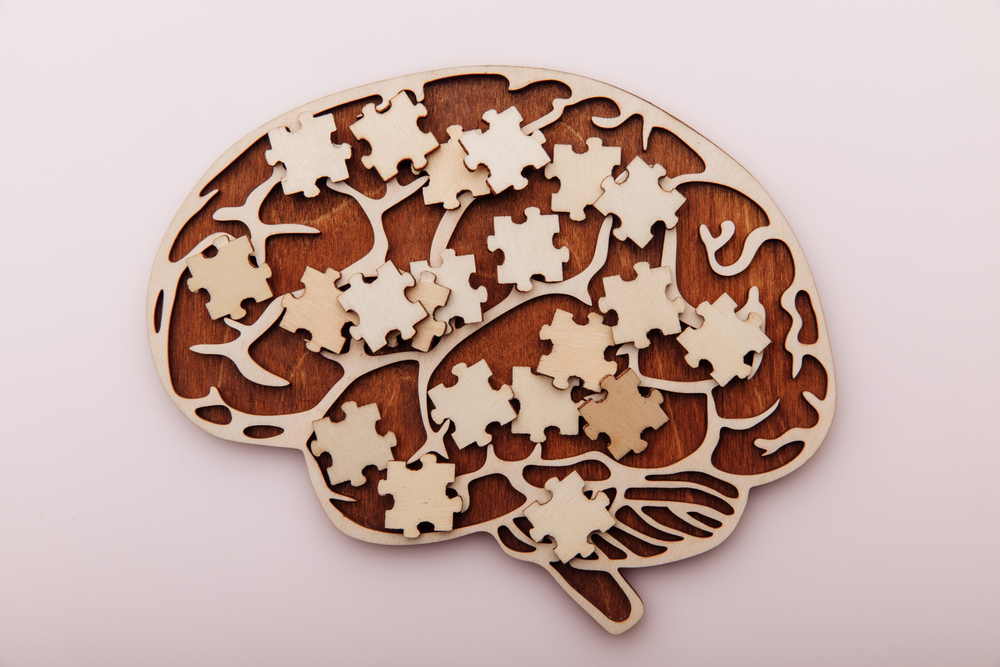Memory is an interesting and complex part of human cognitive processes that has significant implications for us as individuals on a day-to-day basis. Our memory enables us to call up earlier experiences in order to make sense of the current events for better understanding the environment we live in. Today, we’ll unveil the mysteries of information and memory preservation in an understandable format so that you can learn about all these processes.
Understanding Memory Types
In order to understand how memory functions it is necessary to realize the existing kinds of memory. Broadly, we can categorize memory into three main types: sensory store, immediate store, and permanent store.
Sensory Memory: It is a kind of memory which receives impulses emanating from sense organs like eyes and ears. Yet, its lifespan is brief, just a couple of seconds.
Short-Term Memory: This is a short-term storage area with limited capacity. Include a working memory concept into your thoughts as though you are giving yourself the details of a telephone number before dialing it.
Long-Term Memory: Such information would eventually become part of the long term memory which forms a lasting impression on our minds throughout life. This form of memory is large in its capacity and contains varied information such as personal experiences and class subjects.

The Memory Formation Process
The process involving the memory formation includes encoding, storage, and finally recall or retrieval stage.
Encoding: This is how the sensory information is transformed into a form comprehensible by the brain for storage. This is similar to imagining how one would transform a video clip into a sequence of individual photographs for filing purposes.
Storage: After the information has been coded, it must have somewhere to dwell. Information is stored in short-term memory but in order for it to become a permanent or long-term memory, it moves to long-term storage. Transformation takes place because of repetition, association, and emotional significance.
Retrieval: To make sense, retrieving a memory means to summon it from the store back in awareness. It’s like going to your mental movie library and finding and choosing to play a particular scene.
Factors Influencing Memory
There are various elements that affect how well we are able to recall and hold on to facts and data.
Attention and Focus: One must focus on the data available so as to encode effectively. However, multitasking and distractions could impede the process.
Relevance and Meaning: It is easier for people to remember details that are of personal importance and may evoke emotions. It also connects new information with what is already known, which enhances recall.
Sleep and Physical Health: Sleep adequacy also influences consolidation of memory and there is evidence that general health and physical fitness support memory consolidation as well. Sleeping deficiency negatively impacts on both memory encoding and recall.
Effective Memory Techniques
Improving memory is usually accompanied by particular techniques, which utilize inherent brain functions of processing and storing information.
Mnemonics: These have the form of association cues, mnemonic devices based on patterns or creative ways for the same purpose. Among other mnemonic devices include acronyms, rhymes, and vivid imaginative experiences.
Chunking: This helps to break down a lot of information into small bits that one can easily remember. However, it is most appropriate where one needs to remember the list of items or a set of figures.
Spaced Repetition: Different from the one-off study sessions, spaced repetition entails going through information at intervals. It strengthens memory and ensures lasting retention.

Technology and Memory
Today’s digital era encompasses technology as it pertains to storing and retrieval of information. These include mobile phones and apps for taking notes as well as online courses that help remember things.
Digital Note-Taking: There are apps that can help one organize and edit notes, such as Evernote or OneNote. Typing or writing such information into one’s notes helps with memory.
Interactive Learning Platforms: Flashcard apps and educational games are some of the platforms that offer interactive learning experience hence improving an enjoyable and memorable learning process.
Wrapping Up
Various psychological, biological, and environmental elements influence the complex processes of memory and knowledge storage. Understanding these procedures and implementing practical techniques into your daily learning practice can significantly improve your memory and recall skills. Discovering the mysteries of memory and knowledge retention can result in a more rewarding and rich cognitive experience, whether you’re a professional, student, or someone just interested in improving your memory.
